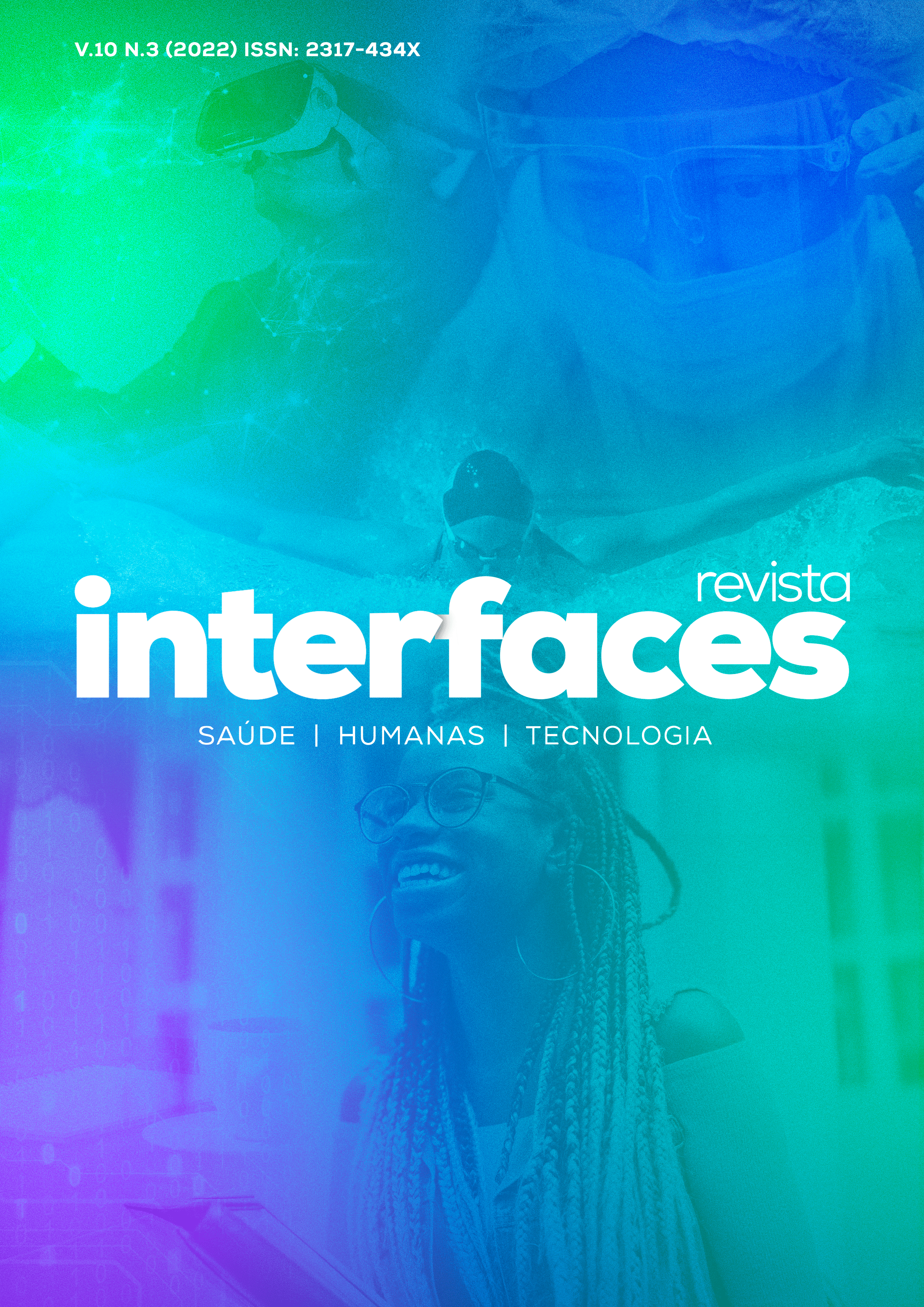Phenomenological analysis of the trivialization of death amid pandemic of COVID-19: The need to escape reality and its consequences.
DOI:
https://doi.org/10.16891/2317-434X.v10.e3.a2022.pp1480-1488Abstract
This work is a phenomenological analysis of the trivialization of death by a portion of the Brazilian population, evidencing that the first public person to trivialize death was the President of the Republic who should serve as an example, also revealing that behaviors that disrespect life are not only for existential reasons, but also emerge from an ethical-moral conflict. This research is qualitative, exploratory in nature and, as technical procedures, the observation of reality and as a secondary source, bibliographic research is as the primary source. It may be possible to conclude, what are the consequences of the neoliberal system in the face of a pandemic scenario, what denialism, currently in force, triggered in relations and especially in the control of the pandemic. Thus, this work makes it evident that contemporaneity is marked by the desire to annul pain, symptom, and anguish so that the subject can produce and feed the economic system in which he is inserted, at all costs, including, from the use of anxiolytics and antidepressants, being, therefore, one of the consequences of living in a repressed society.

